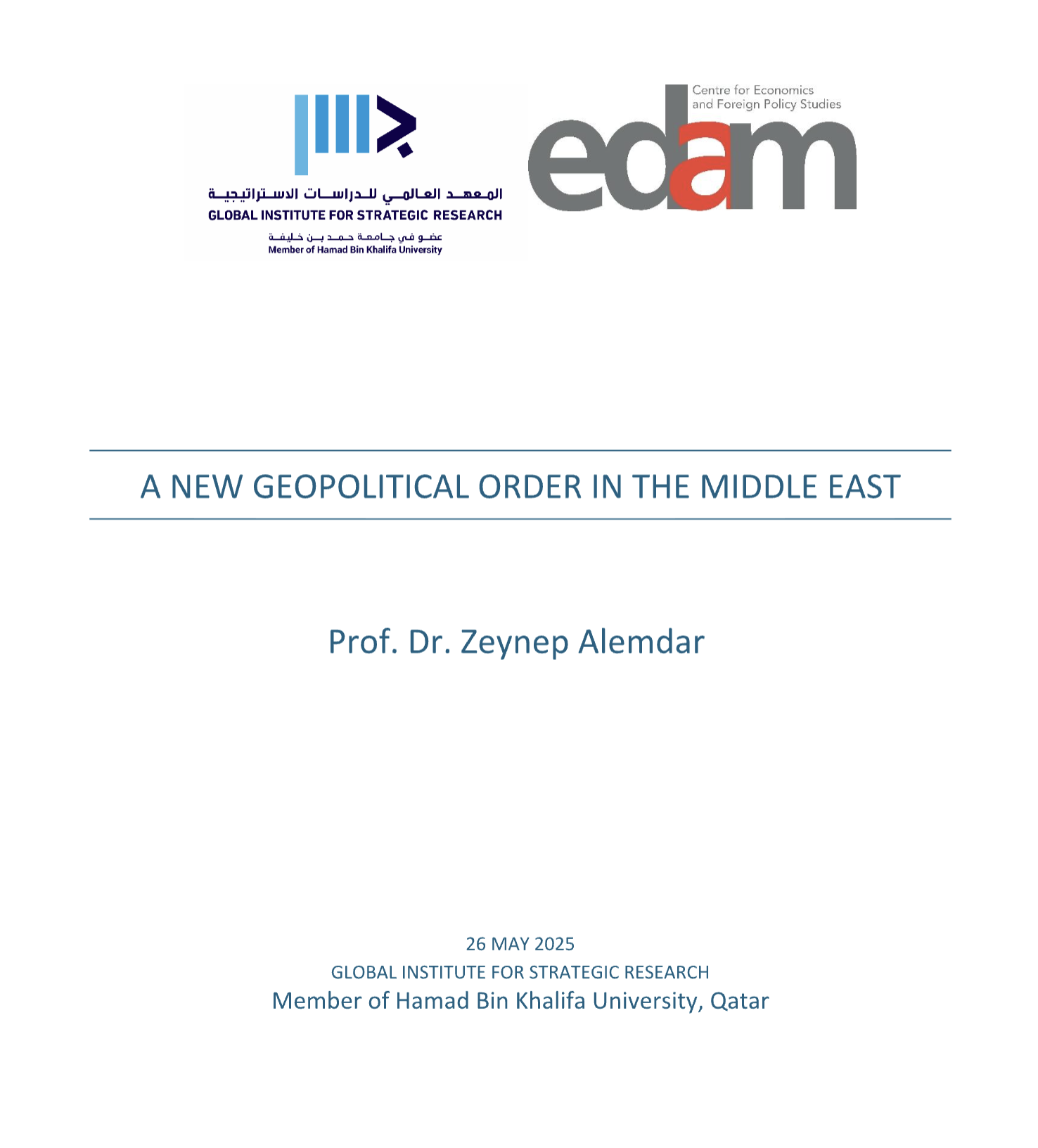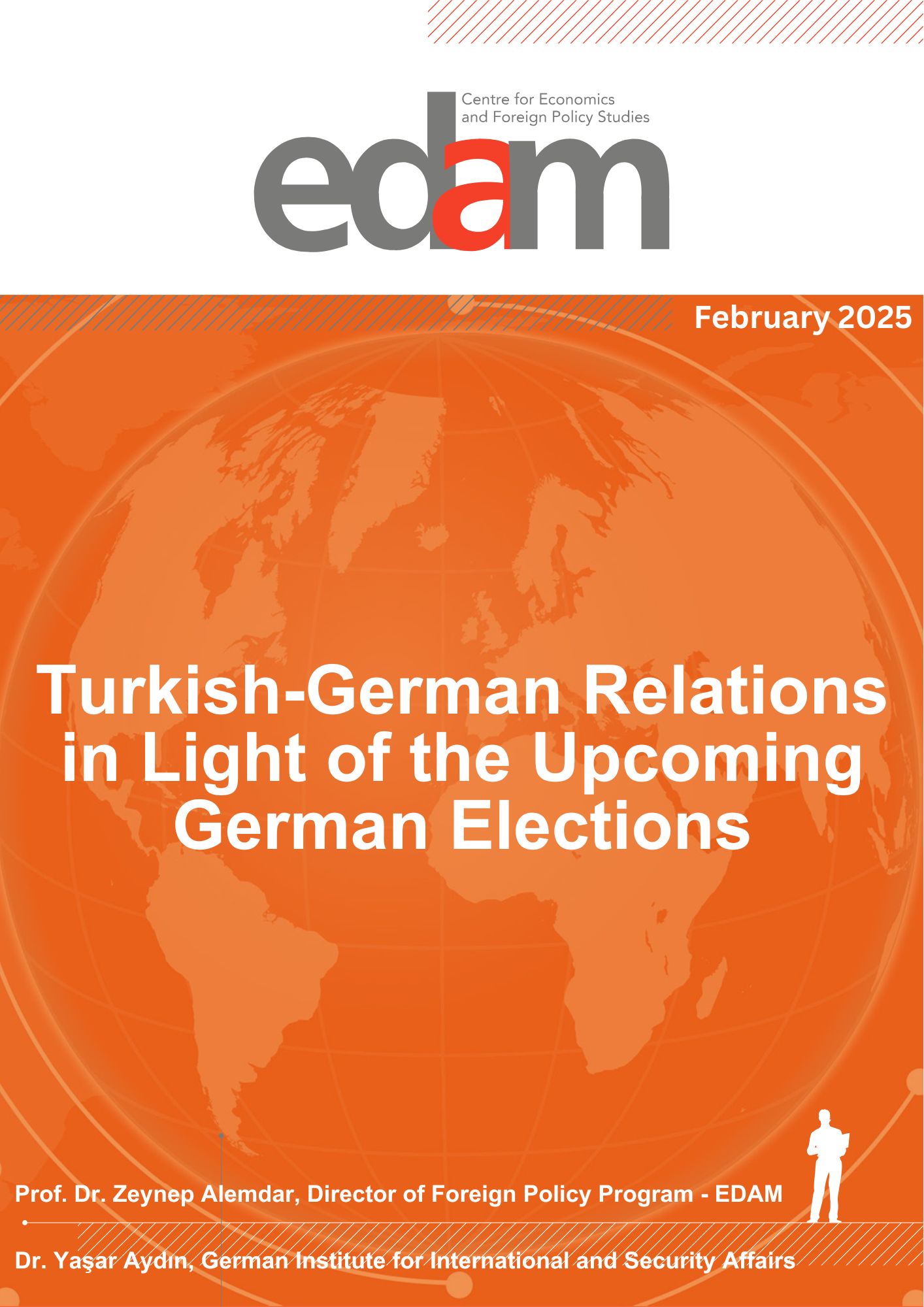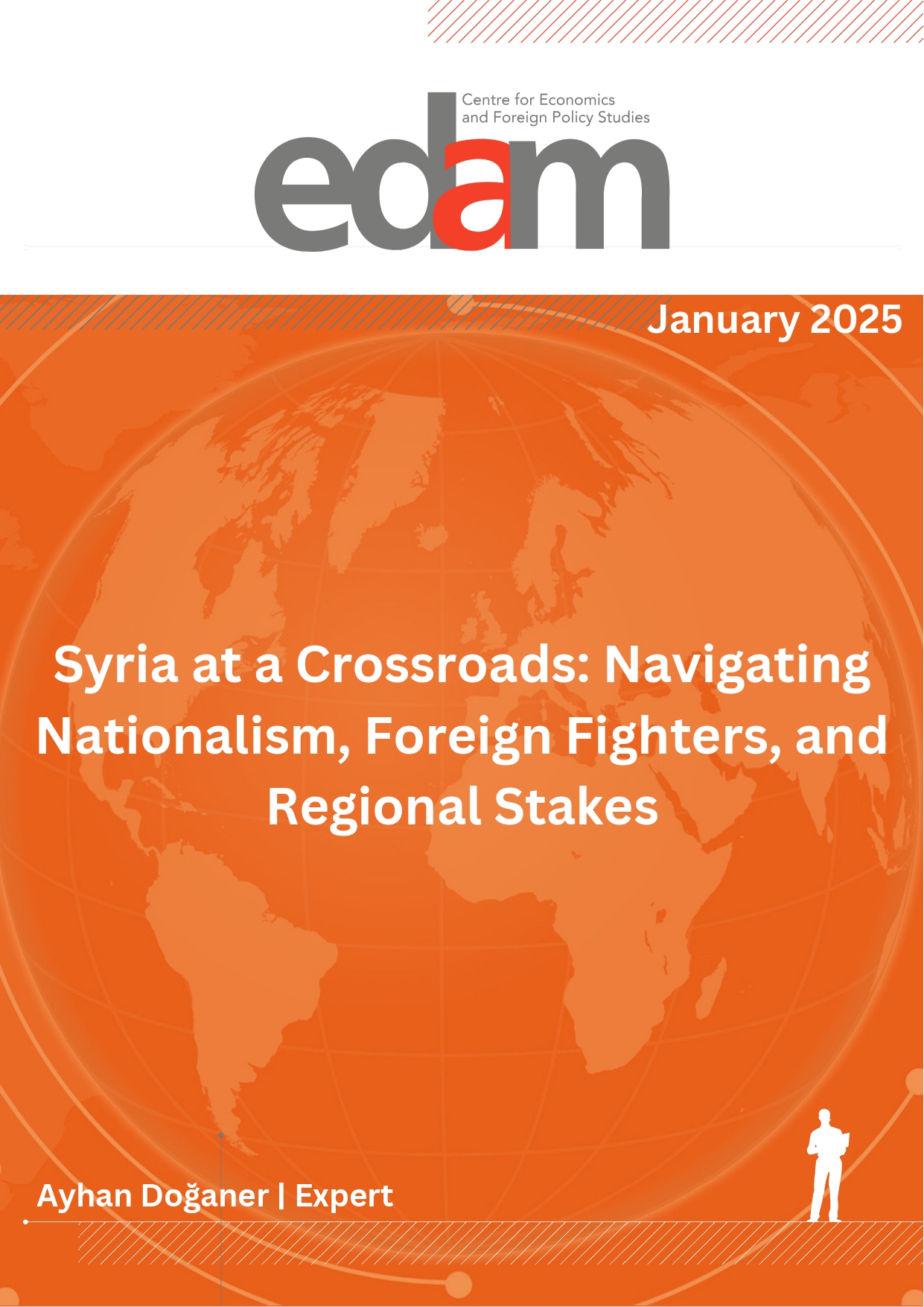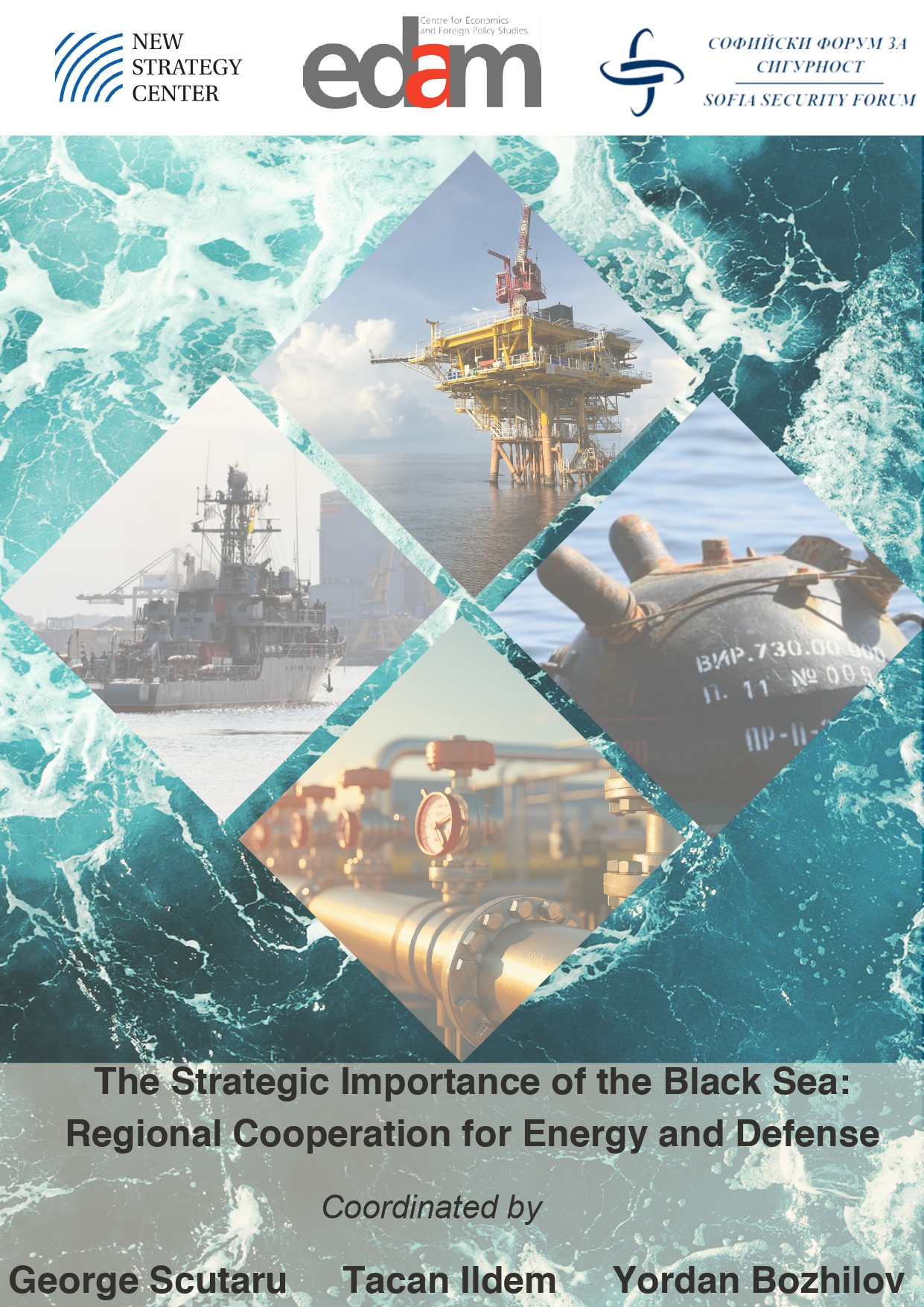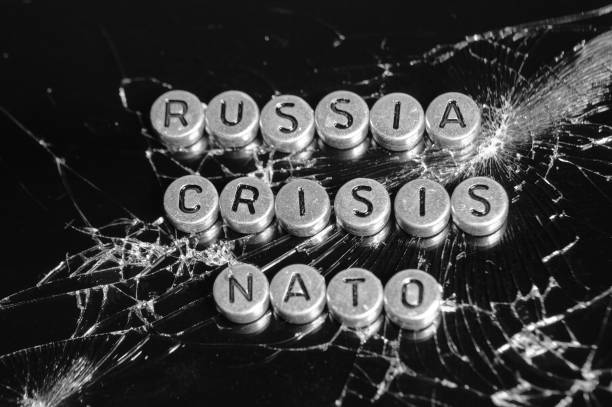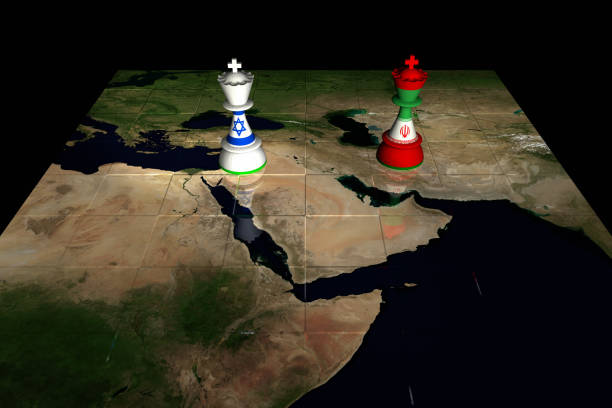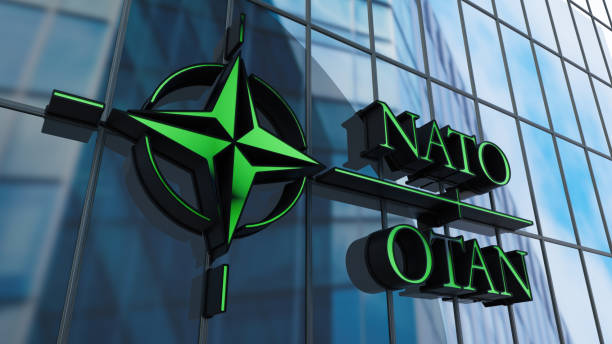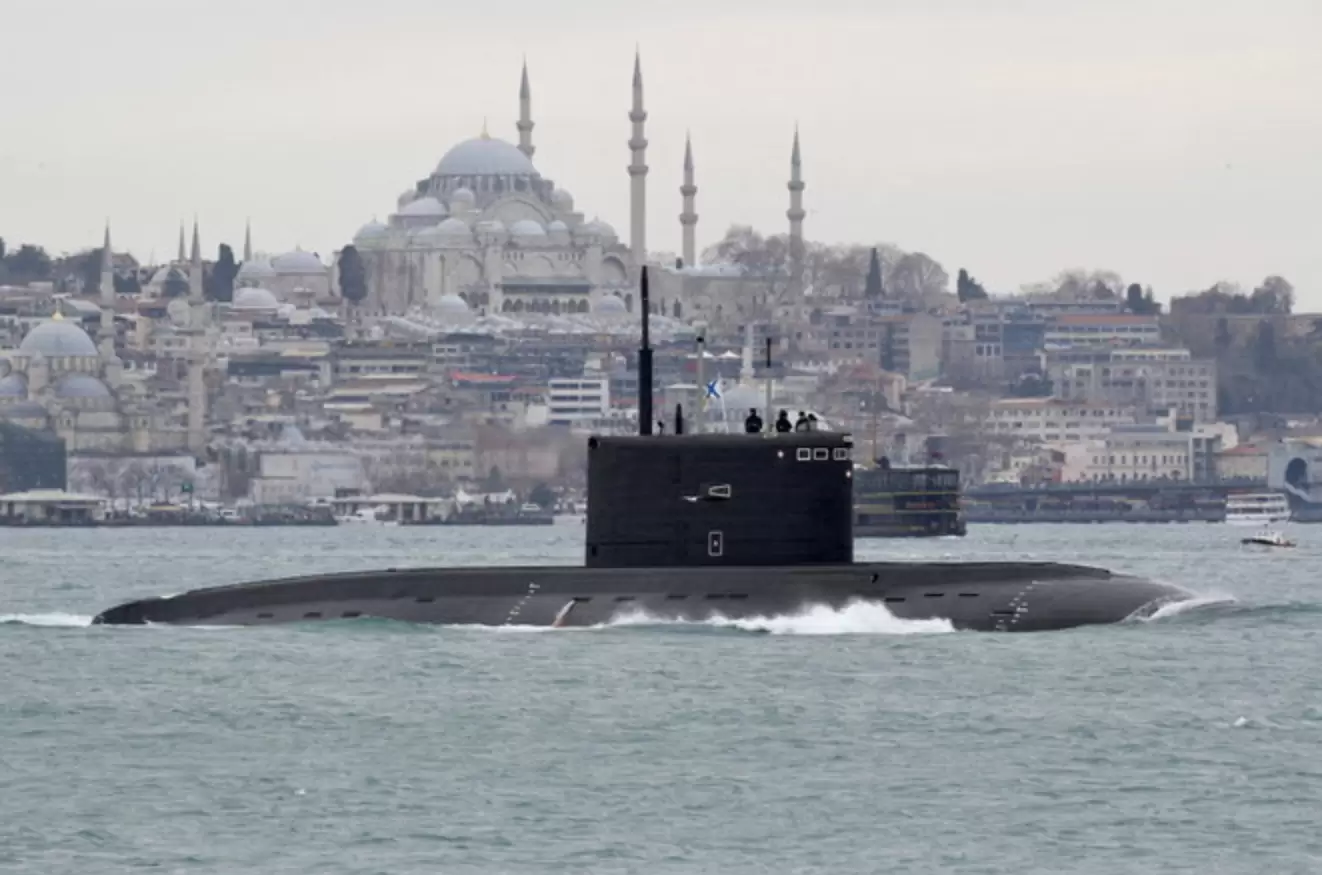
Is There a Need to Develop a NATO Strategy for the Black Sea Security?
Russian war against Ukraine has brought a dramatic change to the challenging international security environment. Nevertheless, the war in Georgia in 2008 and especially the illegal and illegitimate annexation of Crimea by Russia in 2014 and its subversive activities in Eastern Ukraine thereafter had already profoundly changed the security environment in the Black Sea region and beyond. Thesecurity environment in the Black Sea, including in its broader context, has become more complex and contested at a time when global strategic competition is gaining traction among major powers. Hence the need to develop a coherent and comprehensive strategy for the Black Sea security has become more important than ever.
Developments in the recent years
Since 2014 until February of last year Russia used the Black Sea region for multiple purposes:
– Russia exploited the protracted conflicts in the region to provide itself with buffer zones and with strategic rooms of manuever;
– the Anti-Access/Area Denial (A2/AD) capacity built on the Crimean Peninsula allowed a protective umbrella for Russian Armed Forces, covering a significant portion of the Black Sea region;
– Russia used the Black Sea as a platform to project power in the Mediterranean Sea basin, notably in Syria and Libya. Thereby, by building bridgeheads in the Middle East and North Africa, Russia attempted to flank Europe also from the south.
Turkey’s stand regarding the Black Sea security
In the past Turkey supported a feasible, affordable, and sustainable Alliance deterrence and defence posture compatible with its NATO obligations in the Black Sea region, tailored according to regional specificities from the outset. That is why proposals that overlooked the emergent post-Crimea military build-up in the region, such as the creation of a “Black Sea flotilla” by littoral Allies had not been embraced with enthusiasm by Turkey. Such a flotilla, if established, would have permanently remained within the bubble of Russian A2/AD capability. On the other hand, decisive nature of submarines in the Black Sea to penetrate A2/AD build-up and the unique role of Turkey in this regard must be recalled.
While Turkey made meaningful contributions to NATO’s regional posture, it also wanted the Allied presence to represent solidarity and unity among Allies. Turkey did and continue to believe that while relying on contributions from regional and non-regional Allies, NATO’s presence in the region, at sea, on land and in the air should refrain from provocations that may lead to escalation of tension unnecessarily with a spill-over of any conflict to the Black Sea.
Turkey advocates the need to act in accordance with international law, including the Montreux Convention, which is an inseparable part of international law. There is no need to enter a tit-for-tat militarisation of the Black Sea and deployment spiral with Russia, provided that ironclad solidarity is demonstrated.
This is coupled with the unequivocal and unconditional support Turkey has been giving to both Georgia and Ukraine’s membership to NATO. Turkey also supports defence capacity building activities in these two NATO partners, with particular focus on their maritime capabilities.
At the same time, Turkey firmly believed that the vision of regional ownership underpinned by cooperative security and confidence building mechanisms (like BLACKSEAFOR, Op Black Sea Harmony) established in late 1990s and early 2000s should be kept alive within means and capabilities. Right now, the ongoing war naturally does not allow the notion of regional ownership with its real meaning to progress to reinforce the Black Sea security.
Main ingredients of a new strategy
Against the backdrop of the prevailing security environment in the region the following should be born in mind while developing any strategy for the Black Sea security:
– Russia was apparently avoiding continued large-scale tensions in the maritime domain in the Black Sea with the aim of carrying on its ability and capacity to project power to the Mediterranean basin. Conversely, NATO’s response then was focussed more on the Black Sea region and less on the Russian presence in the Mediterranean basin.Black Sea, Mediterranean and Caspian Sea regions need to be considered in a connected and holistic way in a geographical entirety. Merely focussing on the Black Sea region, while remaining indifferent to developments in the South is not a viable and credible way forward. Turkey can contribute to the efforts of the Alliance in establishing this linkage in a more structured and permanent way.
– The conflicts in the Black Sea region, after the illegal annexation of Crimea till the launch of the ongoing war in Ukraine by Russia were essentially land centric. In the maritime and air domains Russia arguably did not take a proactive posture. Its maritime deployments and airborne activities were hardly intrusive/provocative, with few exceptions, compared to its posturing on land. Despite this, some Alliednations remained focussed basically on an enhanced NATO presence in the maritime domain. What should be done is to take a comprehensive approach that looks at the land, maritime, air and cyber domains from strategic, holistic, and multi-domain perspective.
– The specificities of the wider Black Sea region influenced by the existing protracted conflicts should be part of any comprehensive assessment for regional security.
– The current circumstances do not allow the notion of “regional ownership” with its original meaning and scope to be the basis of the Black Sea security as was adamantly advocated by Turkey in the past. But once the war is over, our collective steps will need to factor in Russia, in one way or another. Naturally this does not mean going back to “business as usual”. One thing is clear: if Russia continues to pursue its aggressive foreign policy guided by its interpretation of history and challenges the rules-based international order, a new European security architecture that would include Russia is not possible. Nevertheless, we should not make the mistake of writing Russia off forever. The reality dictated by geography and history requires us to have a long-term goal of enabling Russia’s return to the security order underpinned by the fundamental principles enshrined in the UN Charter and the founding documents of the OSCE. Depending on the new circumstances offered in the post-war period, and especially on how Russia would behave, the past experiences of regional ownership could serve as a basis for a new security arrangement for the region. In any case at this moment bolstering cooperation among the three riparian NATO states Turkey, Bulgaria, and Romania together with partner nations Georgia and Ukraine will transform Turkey’s original regional ownership ideal to a more realistic endeavour while keeping it “Montreux Convention-friendly”.
– In the meantime, NATO Allies must refrain from acts that might increase risk of escalation in the region. Therefore, escalation and risk management should be another important element to take on board in our reflections.
– While Russia’s deployments in the region and policies vis-à-vis Ukraine and Georgia have been strategic and calculated, the non-regional Allies’ support to littoral NATO Allies and partners have long remained sporadic and somewhat ambiguous. In particular, the Allies were not in consensus about what kind of support could they afford to Ukraine and Georgia for their defence, let alone their prospective NATO membership. The war initiated by Russia against Ukraine helped solidify the unity and solidarity among Allies, also in their important support to Ukraine which have culminated in Ukraine’s military successes in defending its territorial integrity. NATO Allies need to extend a more comprehensive and determined support to Ukraine and Georgia. This should be accompanied by necessary strategic messaging to manage the expectations of the respective publics of these countries.
